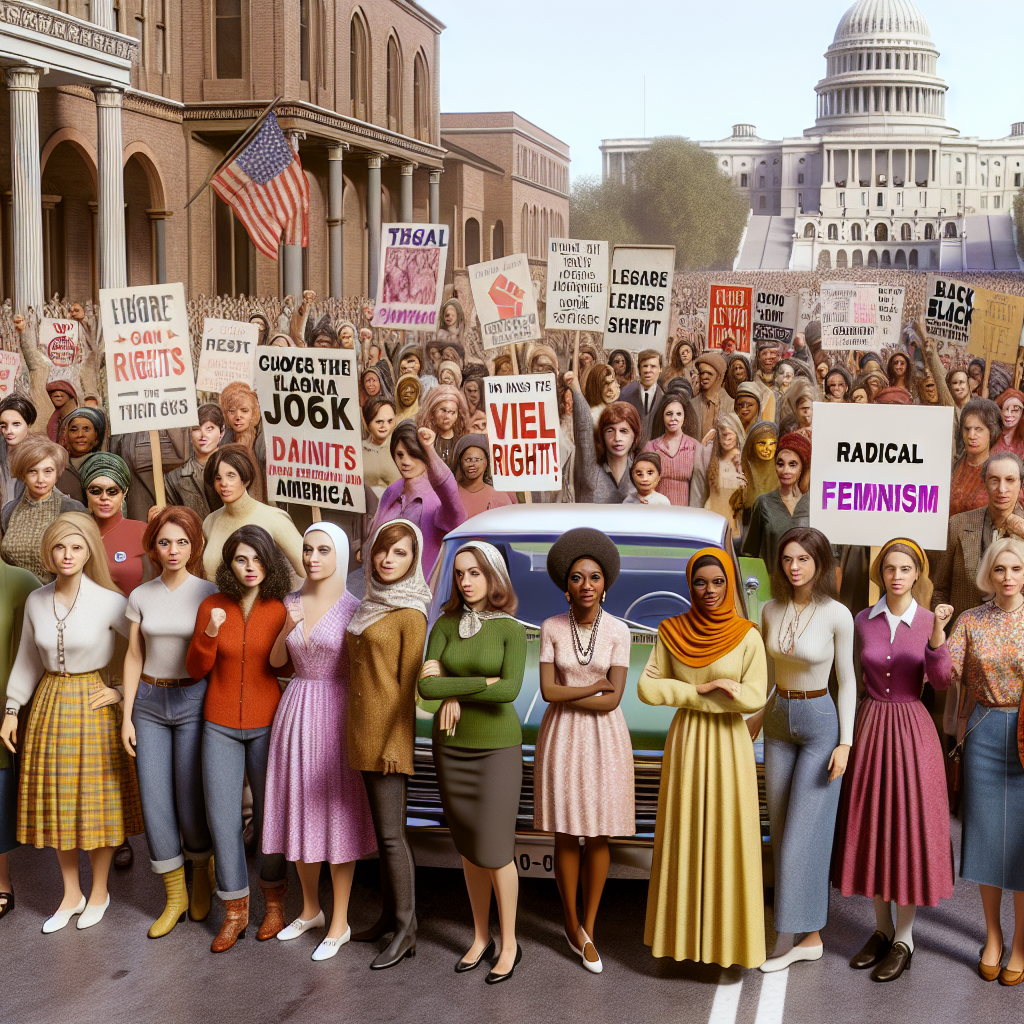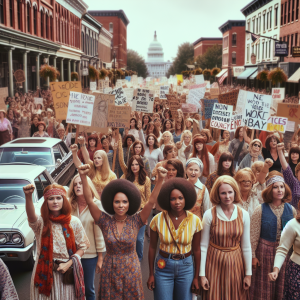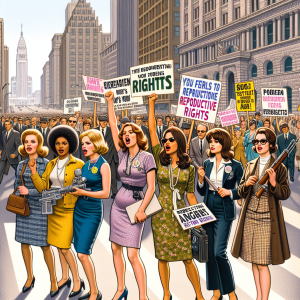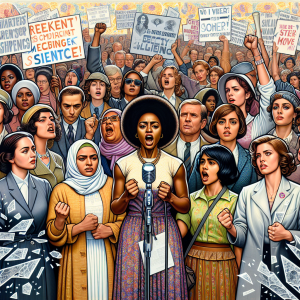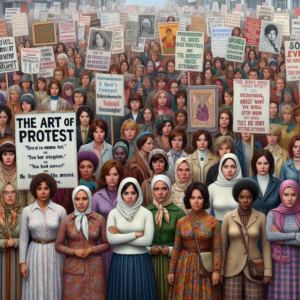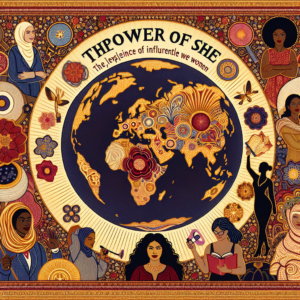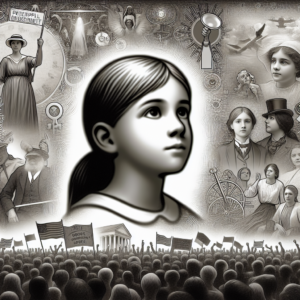#FutureGirls
The Break of Dawn: Unearthing the Origins
The decade of the 1960s stands as a landmark period of significant social tumult and change throughout the United States. It was during these transformative years that the emergence of radical feminism came to the forefront, fundamentally challenging existing societal standards and fervently advocating for women’s rights and equality across all areas of life. This wave of activism represents not just a momentary episode, but a profound shift that redirected the trajectory of women’s roles within American society.
Rallying Cry: Mobilizing for Change
The essence of radical feminism in the 1960s lay in its quest for widespread societal reform. Moving beyond the scope of earlier women’s movements that sought specific reforms like the right to vote, this burgeoning force aimed to dismantle the very fabric of societal constructs perpetuating gender inequality, discrimination, and the systemic suppression of women. It sparked a powerful call to arms, uniting women from diverse backgrounds in a shared struggle.
– Workplace Equality: A key principle was the pursuit of equal employment opportunities for women, encompassing equal compensation for the same work, equitable hiring practices, and the establishment of workplaces that support women’s advancement.
– Autonomy Over Reproductive Rights: Central to the movement was the advocacy for women’s autonomy over their reproductive rights, from championing the landmark legalization of abortion in the Roe v. Wade case to ensuring access to contraception and reproductive healthcare services.
– Advocating for Legal Safeguards: Additionally, the movement sought to secure legal protection against sexual harassment and violence, and to promote equitable laws concerning divorce and child custody in favor of women.
Voices Leading the Charge:
The voices of the 1960s echoed with the aspirations of women envisioning a reformed America. A mix of scholars, activists, and women from various walks of life formed a vibrant chorus demanding transformative change.
Carol Hanisch’s phrase, “The personal is political,” captured the era’s ethos, highlighting how individual experiences were deeply enmeshed with broader socio-political contexts.
This period also saw the introduction of foundational texts shaping the intellectual contours of feminism. Betty Friedan’s “The Feminine Mystique” critically addressed societal expectations imposing domesticity as women’s ultimate fulfillment, igniting a nationwide conversation on the roles and aspirations of women.
Societal Reverberations
The impact of radical feminism throughout the 1960s was both profound and enduring.
– Legislative and Policy Advances: The movement played a critical role in enacting pivotal legislation such as the Equal Pay Act of 1963 and Title IX of the Education Amendments Act of 1972, outlawing gender discrimination in education programs receiving federal assistance.
– Enhancing Social Consciousness: It elevated issues pertaining to women into the social consciousness, encouraging dialogue on gender inequality and challenging established norms.
– Catalyzing Cultural Change: Perhaps most notably, it initiated a cultural transformation, questioning the traditional roles assigned to women and promoting new interpersonal dynamics among genders.
Enduring Legacy and the Path Forward
The enduring influence of the 1960s women’s rights movement stands as a powerful testament to collective activism and the crucial role of challenging oppressive frameworks. Its repercussions span beyond legislative achievements and shifts in societal attitudes, seeding the formation of subsequent feminist generations and underpinning ongoing efforts towards gender equality.
“The bravery of those who stood firm in the ’60s grants us the resolve to face today’s challenges. Their struggle reminds us that progress is forged through resistance,” – Nada Al-Ahdal @nadalahdal
Contemplations and Advancements
In today’s context, the lessons from the 1960s radical feminist movement serve as beacons guiding our continuing quest for gender equality. It exemplifies how foresight combined with united action can incite substantial societal reform.
The ascent of radical feminism during the 1960s not only transformed the American landscape but also reimagined what was possible for women’s rights and equality. Although faced with challenges and opposition, the perseverance and dedication of those who championed change have left a lasting legacy on society. This legacy continues to fuel the passions of new generations to challenge injustices and to strive for a world characterized by greater equity.
In reflecting upon this critical juncture in history, we are reminded of the importance of unity, the impact of our collective voice, and the persistent journey towards achieving equality for all. The radical feminism movement of the 1960s not only reshaped America, but fundamentally altered our perceptions of liberty, equality, and our shared capacity for driving meaningful change.
#NadaFoundation
#NadaAlahdal
#Nada_Foundation
#Rise #Radical #Feminism #1960s #Womens #Rights #Movement #Changed #America
the-rise-of-radical-feminism-how-the-1960s-womens-rights-movement-changed-america



